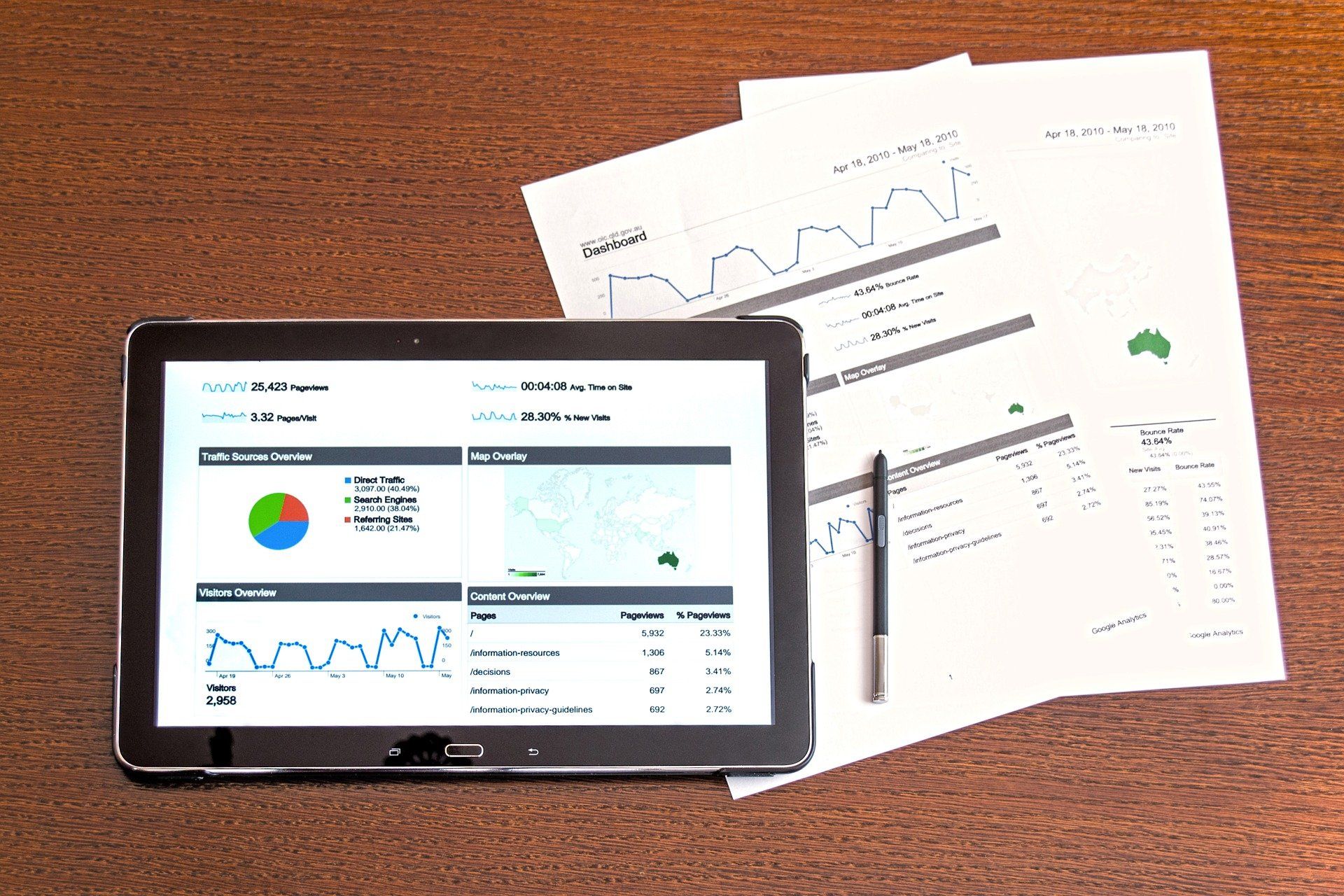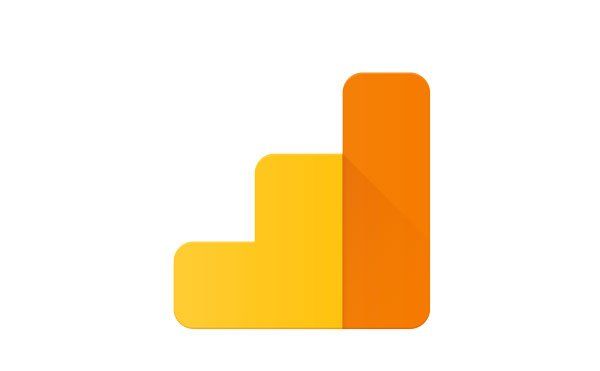Measuring the performance of your website with Google Analytics
- By Juliette Richards
- •
- 07 Oct, 2020
- •
You’re finished. Your new website is looking amazing. It is already published on the internet and ready to go…… now what? How do you know that it wasn’t just a waste of time and money?
Maybe the phones suddenly start ringing more? Or you start receiving hundreds more emails? The truth is it’s unlikely to have an immediate dramatic effect, especially if you are new to website building. So how do you maximise your return on investment?
Firstly, you need Google Analytics. This is a free tool and can provide you with
a wealth of information to monitor your website. Using Google Analytics, you can identify
traffic sources, visitor demographics, monitor user behaviour and more.
Below we will look at four key measures that will help you identify how your website is performing.

How do potential customers discover your
website?
It’s all very well having a website, but how do people find it? Knowing where your traffic is coming from will help you identify how to improve your website and digital marketing strategy. Traffic to your website can come from a number of different sources:
- Organic searches: this is traffic direct from a search engine, for example Google, Bing or Yahoo. In order to perform well in an organic search, in other words to appear high up the list of websites when someone searches for your products or services, your website needs to be optimised for search engines.
- Referrals: this is traffic arriving at your website from another site.
- Direct: traffic that has typed in your web address directly. Perhaps from a sales brochure or a personal referral.
- Email marketing.
- Paid advertising on for example, Google Adwords.
- Social media: for example, your Facebook or LinkedIn page.
How many visitors do you have?
To understand your reach and impact you can use Google Analytics to see the number of sessions (visits to your site) and the number of users (unique visitors). Ideally you are aiming for a mix of new and returning customers – the exact mix will depend on your industry. Most importantly you are looking to continually improve the number of visitors, first or returning, to your website.
How are long are visitors browsing your website?
Time spent on your website is an important indicator of how successful your website design is. Generally, the longer the better. There are also some other key measures that will help you to understand more about time spent by your visitors browsing your site. Firstly, how fast do your pages load? Remember you have only 10-20 seconds to engage with your visitors. Secondly, bounce rate. Bounce rate is the percentage of people who visit your site and quickly leave. Obviously, you are aiming for lower bounce rates and longer session times. If visitors are bouncing quickly, they may not have found what they are looking for. Or your advertising may not be bringing the right visitors to your website.
What do visitors do when they get to your site?
This is probably the most important measure of the overall performance of your website – understanding how your visitors behave on your site. Which pages or links are your visitors viewing? Do they click through to find out more and ultimately are you converting your visitors to customers? If not, why not? What is your call to action (CTA)? Are visitors requesting quotes, calling, using the contact form or emailing? If you identify the actions you would like your customers to take on your website, you can enter these goals in Google Analytics and ultimately see how your website is performing against your goals.
By looking at all of the above information you can identify how your website is performing against your overall marketing goals, where you need to focus your digital marketing budget and how to improve the performance of your digital marketing campaign.
To find out more about how to use Google Analytics to monitor your website performance check out our article here.
If all this still seems like gobbledygook or you don’t have the time for this much detail, call Market Elements now for a free consultation.
Call us Now for a Free Consultation on 03 218 4020 or Click here to send us a message.









